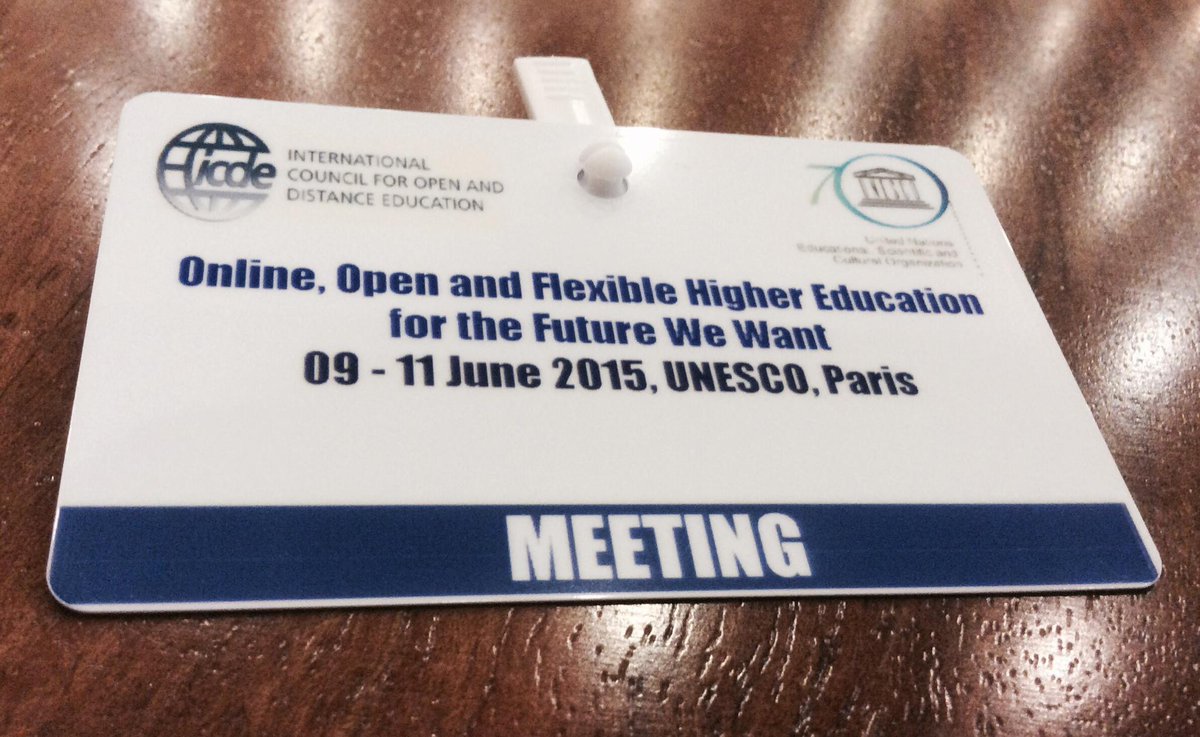Today the NZEI released details of the Joint Initiative - a plan forward with the MoE instead of the IES that was rejected by the NZEI collective.
Communities of Learning instead of Communities of Schools
The aim of this initiative is to give more emphasis on collaboratively improving students achievement outcomes and less on the roles and admin of a system change that was being proposed through IES.
Is it just the same thing but dressed up differently using different eduspeak? I am sure members will be discussing that as they meet to vote on this over the coming few weeks.
Louise Green, NZEI President, tells members, "We believe the new model is an exciting educational development, genuinely shaped by educators. Inevitably, as with any negotiations, we have had to make compromises, but we are confident that the progress we have made will genuinely improve teaching and learning."
Key Learnings from the Working Group were summarised as:
- Communities of Learning should self-identify with clear pathways across the sector;
- Their clear purpose is to improve educational achievement aligned with NZC, though they can define their areas of focus;
- Data, evidence & research is used to target efforts;
- Each Community should determine its own leadership, teaching, collaboration and support functions:
- Some roles will be required for all and these will be appointed in conjunction with an external professional advisor;
- Be flexible and prepared for change over time;
- Each Community will assess it's own resource needs;
- 'Whole of Community of Learning collaboration" is critical to success;
- Commit to second stage - further work on priority areas - Māori, Pasifika, ECE, Support Staff, Special Ed, PLD;
- Community roles will align with career pathways.
So what will this look like when we come to implement such a plan?
How flexible will this plan be?
How will this work for the rural and isolated school, will they be able to develop CoL that are geographically distributed?
How flexible will this plan be?
How will this work for the rural and isolated school, will they be able to develop CoL that are geographically distributed?
How do schools select their Community that has clear pathways when the pathways for many of our students are so diverse?
Where will be the tension between roles determined by the Community and roles required by the MoE - and how will resources be distributed between them?
One positive that were raised for me was that there was recognition of the roles across schools as well as within schools - this may provide some support for the role I have occupied across schools for years with no formal recognition, support or career pathway.
Another point to flag in this plan was the inclusion of Professional Learning and Support as an explicit feature to be worked towards in the second stage of the Joint Initiative. We have been waiting for some time as to the outcome of the Professional Learning & Development Review, so this may be the basket it is ending up in.
So still a work in progress, and a space i am watching closely with the hope that the 'Policy Parameters' of this plan are flexible enough to include the work of the VLN Primary School.


